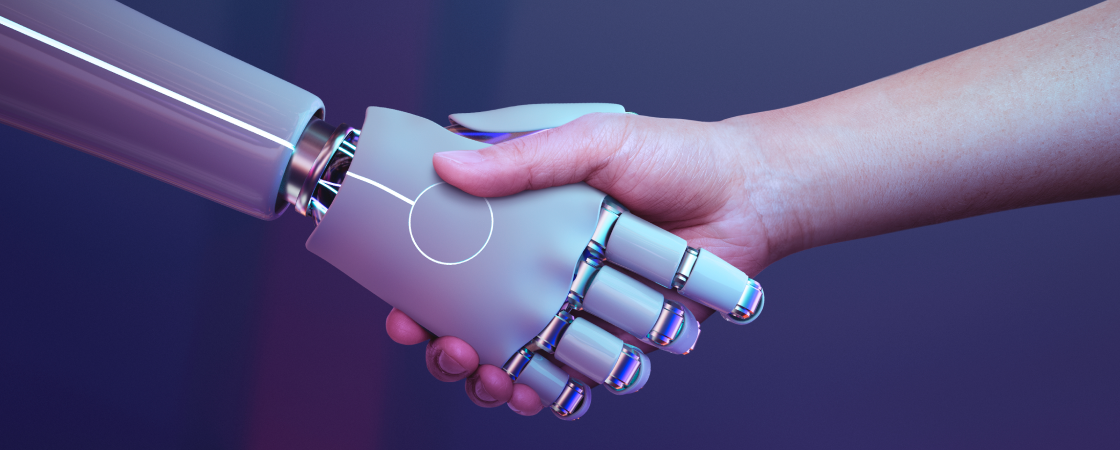A cyberattack is a deliberate effort by an individual or organization to breach an information system, aiming to disrupt, damage, steal, alter, or gain unauthorized access to computer systems or networks. These attacks can be financially motivated, targeting sensitive data for profit, or politically driven, aiming to destabilize rivals or nations. Cyberattacks come in various forms, such as stealing data for financial gain or conducting large-scale disruptions like distributed denial of service (DDoS) attacks.
1 Phishing
Phishing is a deceptive tactic where attackers impersonate trusted sources, often through emails, to deceive recipients into sharing sensitive information or clicking on malicious links. These seemingly legitimate emails lead to fake websites or malware downloads. Phishing serves as a starting point for further cyberattacks, aiming to obtain user credentials, introduce malware, or access confidential data. It’s a prevalent method that primarily targets individual users and small to medium-sized businesses (SMBs).
2 Ransomware
Ransomware is malware that locks down a victim’s files and demands a ransom to restore access. With the advent of cryptocurrencies and the increasing connectivity of devices, hackers can remain anonymous while exploiting the fact that many businesses rely on digital technologies. One such incident can put all business operations out of commission. High data value enables hackers to get away with a hefty ransom, as sometimes it may seem cheaper and faster to pay the amount for a business. The lucrativeness of this cyber-attack type was one of the main contributing factors to its popularity in 2023.
3 Spyware
Spyware is another type of malware that tracks data flowing through network assets and sends this information to controllers outside the targeted organization. Hackers use it as a monitoring tool to track their victim’s activities or extract other data. Spyware can include keystrokes, browsing habits, and even confidential business information. This malware can be spread through infected websites, malicious emails, hacked USB flash drives, or even freeware applications. Some advertisers even use spyware legitimately to deliver targeted ads (as most users agree to terms and conditions without actually reading them).
4 Viruses
Viruses, also called worms, are malicious self-replicating software that can rapidly spread through interconnected networks, causing disruptions from minor disturbances to severe system crashes. They can lay dormant or activate immediately upon infiltration. Viruses attach to executable host files, triggering their code when these files are opened, commonly spreading through email attachments or file-sharing programs. Staying updated is crucial for businesses to detect and prevent these attachments from causing damage to their systems.
5 Malware
Malware is a broad category describing various types of malicious software, including ransomware, spyware, and viruses. The specific actions of malware will depend on its exact type, but its overall objective is consistently centered around disrupting a computer, server, client, or computer network. It may involve leaking confidential information, illicitly accessing systems, restricting access to data, or unintentionally compromising the user’s computer security and privacy.
6 Man-in-the-middle attacks
A man-in-the-middle (MITM) attack involves an attacker secretly intercepting and possibly modifying communication between two parties. The attacker inserts themselves between sender and receiver, acting as an unseen intermediary. Unlike phishing, where the source is deceptive, MITM attacks manipulate genuine communication to fulfill the hacker’s objectives. For instance, altering bank transfer details within an organization’s financial department. MITM attacks are hard to detect as they don’t raise suspicion during the attack, often being discovered only after the fact.
7 SQL injection
SQL injection is an exploitation method where attackers manipulate input parameters of an SQL query. Many applications and websites construct SQL queries by combining user-supplied input and the query string, creating a vulnerability. Attackers find weak input fields (like login forms) and submit crafted input containing SQL code. If the application doesn’t validate input properly, the injected SQL code executes within the database engine. This allows unauthorized actions such as bypassing authentication, accessing sensitive data, altering or deleting database records, or executing arbitrary commands on the system.






